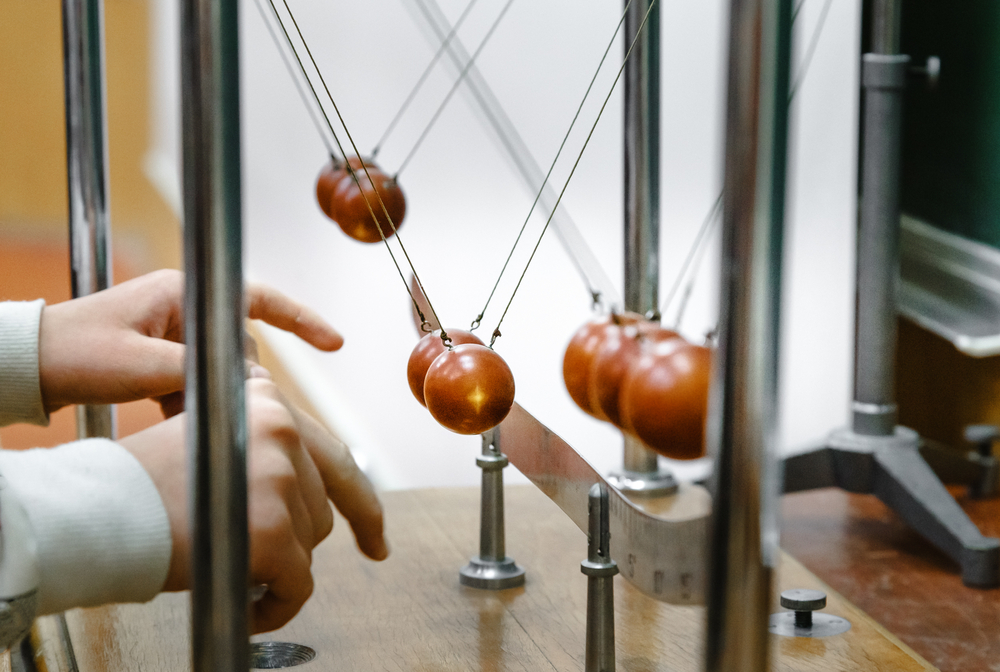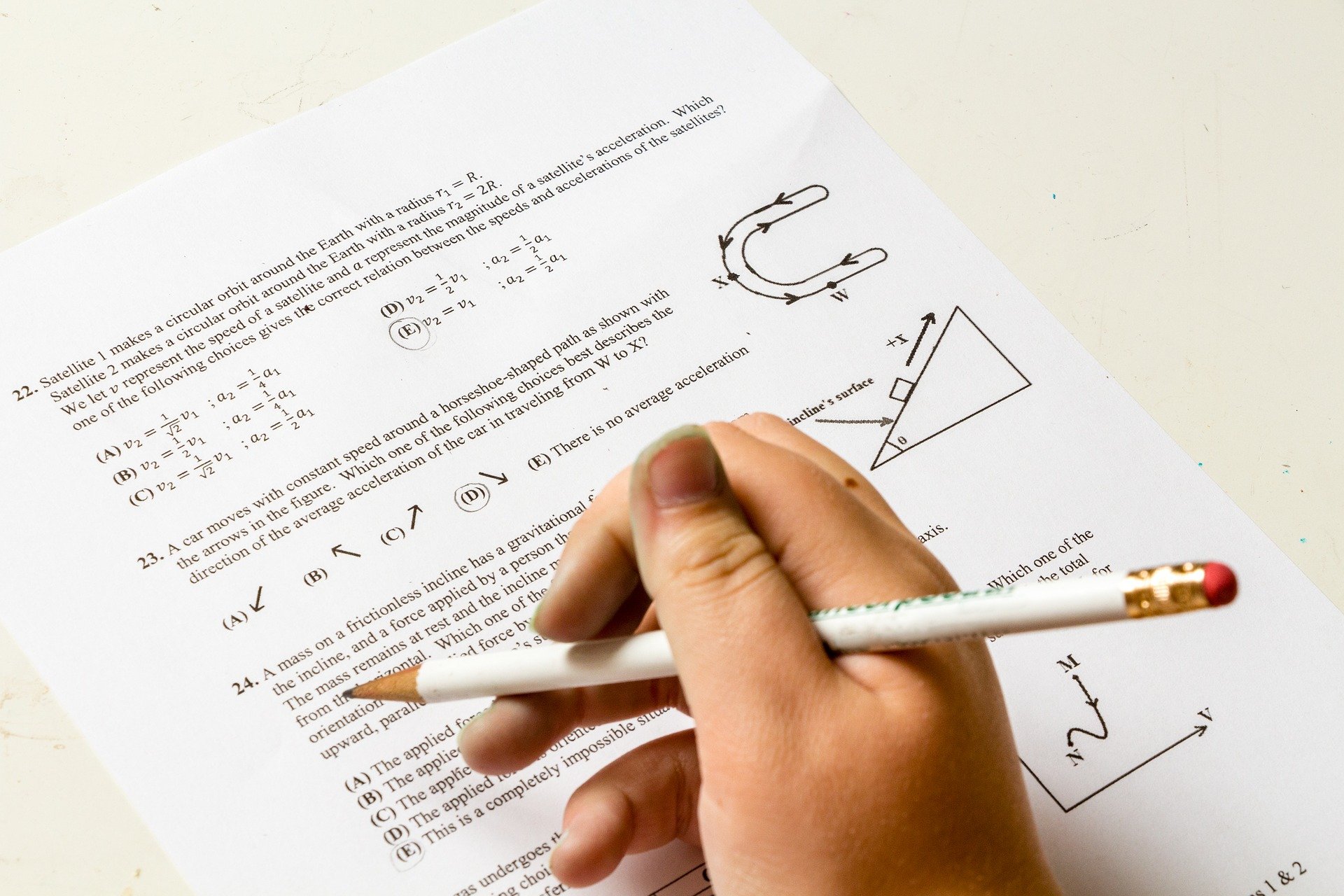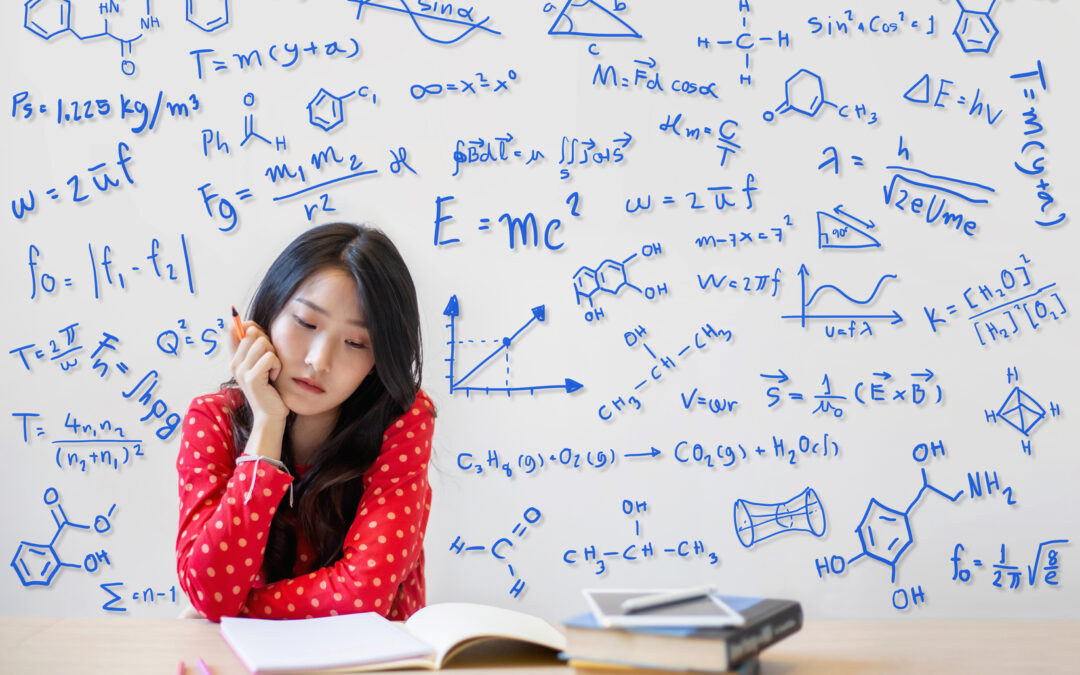Physics, the foundation of scientific knowledge. It plays a fundamental role in shaping our world, from the intricate workings of the universe to the everyday technologies that we rely on. As students embark on their physics journey, secondary and junior college physics lay the cornerstone for exploring this captivating expanse.
Today, we are going to talk about the different ‘jobs’ of Secondary and Junior College Physics in this blog.

Secondary Physics: Laying the Foundation
Secondary Physics introduces students to the fundamental concepts and principles that govern the physical world. It covers a broad spectrum of topics, including:
Measurement
Understanding the units, accuracy, precision and error analysis involved in physical measurements.
Kinematics
Describing motion without considering the forces that cause it, including concepts like position, velocity, acceleration and displacement.
Dynamics
Exploring the forces that act on objects and their effects on motion, delving into Newton’s laws of motion, momentum, impulse and conservation of energy.
Turning Effect of Forces
Studying the types of equilibrium and stability, and applying the principle of moments.
Pressure
Explore how pressure relates to force and area, comprehend the applications of pressure, hydraulic system and atmospheric pressure.
Energy
Understanding energy, its forms and the relationship between energy, work and power, exploring the conservation of energy principle.
Kinetic Particle Model of Matter
Explore the properties of solid, liquids and gases, which describes matter as composed of tiny particles in constant motion. Studying effects of temperature on motion of molecules and gas laws.
Thermal Processes
Exploring changes in matter due to heat transfer, including thermal energy, heat conduction, convection, radiation and examining specific heat capacity.
Thermal Properties of Matter
Understanding thermal conductivity, thermal insulation, and latent heat, applying these properties to real-world applications.
General Properties of Waves
Introducing the fundamental properties of waves, including wavelength, how waves produced and longitudinal waves. These concepts will be used in the following chapters.
Electromagnetic Spectrum
Investigating the electromagnetic spectrum, a range of electromagnetic waves with different wavelengths and frequencies, and exploring the different types of electromagnetic waves and their applications.
Light
Studying the nature of light, exploring reflection, refraction, lenses, ray diagram and application in real life.
Static Electricity
Studying the phenomena of static electricity, the accumulation of electric charge, exploring charging mechanisms, applications, and safety precautions.
Current of Electricity
Explore Current of Electricity, covering conventional current, electron flow, electromotive force (e.m.f.), potential difference and resistance. Learn to calculate total e.m.f., apply Ohm’s Law and understand the relationship between resistance and wire dimensions. Interpret I-V characteristic graphs for different conductors.
D.C Circuit
Learn D.C. circuits with circuit diagrams, series/parallel circuits, and component actions. Master drawing circuits and applying principles, including series and parallel circuit characteristics, effective resistance calculations and transducer functions.
Practical Electricity
Learn practical electricity, covering electrical working, power, and energy. Explore the safe use of electricity in the home, including hazards, use of fuses, circuit breakers, earthing and wiring in plugs.
Magnetism
Investigating magnetism, the force between magnets and between magnets and magnetic materials, studying magnetic fields and applications
Electromagnetism
Exploring the interaction between electricity and magnetism, applying principles to devices like transformers, generators, and motors.
Electromagnetic Induction
Studying the phenomenon of electromagnetic induction, where an EMF is produced in a changing magnetic field, and its applications in devices like transformers, generators, and motors.
Radioactivity
Understanding radioactive decay, the spontaneous emission of particles or radiation from the nucleus of an atom, exploring its applications in medical imaging and nuclear power generation.

Junior College Physics: Deepening the Understanding
JC Physics builds upon the foundation established in Sec Physics, taking students to a deeper level of understanding and exploring more advanced concepts. It covers a variety of topics, including:
Measurement
Refining measurement techniques and error analysis, understanding uncertainty and significant figures.
Kinematics
Extending the study of motion to include projectiles, rectilinear motion and non-linear motion.
Dynamics
Applying Newton’s laws to more complex situations, define and use linear momentum as the product of mass and velocity
Forces
Investigating the nature of forces, including gravitational force, turning effects of force and the force of upthrust.
Work, Energy, Power
Delving into potential energy and kinetic energy, including gravitational potential energy and applying energy conservation principles.
Circular Motion
Analyzing circular motion in more detail, including centripetal acceleration and relative velocity.
Gravitational Field
Exploring the concept of gravitational field and its applications, studying geostationary orbits and their application.
Oscillation
Studying different types of oscillation, including simple harmonic motion, forced oscillations and resonance.
Waves
Investigating waves in more detail, including wave interference, diffraction and polarization, exploring applications in acoustics and optics.
Superposition
Applying the principle of superposition to analyze wave phenomena.
Thermal Physics
Exploring the concept of internal energy, specific heat capacity and latent heat, and applying thermodynamics to analyze heat engines and refrigerators.
Electric Field
Delving into electric field concepts, including electric force between point charges, electric potential and applying them to solve electrostatic problems.
Current of Electricity
Studying Ohm’s law and power draining in electric circuits and exploring DC circuits with resistors, capacitors and inductors.
D.C. Circuits
Analyzing D.C. circuits in more complex configurations, including series-parallel circuits and circuits with non-linear elements.
Electromagnetism
Exploring the interaction between electric and magnetic fields, including Faraday’s law of induction and Lenz’s law, and applying principles to devices like transformers.
Electromagnetic Induction
Investigating electromagnetic induction in more detail, including AC generators and magnetic flux and exploring applications in power transmission and electronics.
Alternating Current
Explore Alternating Current, covering characteristics, transformers, and diode rectification. Understand terms like period, frequency, peak, and root-mean-square. Apply equations for sinusoidal alternating currents, differentiate between r.m.s. and peak values, and comprehend transformer operation and diode rectification principles.
Quantum Physics
Introducing the principles of quantum mechanics, including wave-particle duality, quantization and uncertainty principle, and exploring applications in atomic structure, semiconductors and lasers.
Nuclear Physics
Investigating the nucleus of an atom, including nuclear processes, radioactive decay, and nuclear reactions, and exploring applications in nuclear power.
Enriching Your Physics Journey
Physics is a fascinating subject that opens doors to a new world of understanding. By grasping the principles of secondary and junior college physics, you will gain a strong foundation for further exploration in scientific fields, preparing yourself for a variety of exciting career paths.
If you’re a student or a parent aiming to strengthen your understanding and skills in physics, we invite you to join our physics lessons in 2024. Our experienced and dedicated Master tutor, Mr Bryan Lai will guide you through the concepts, providing comprehensive explanations, interactive practices, video lessons and hands-on lab work to make your learning journey engaging and effective.
Contact us today to schedule a trial lesson for your child. We are confident that our engaging and effective teaching methods will ignite their passion for physics and set them on a path to academic success!

